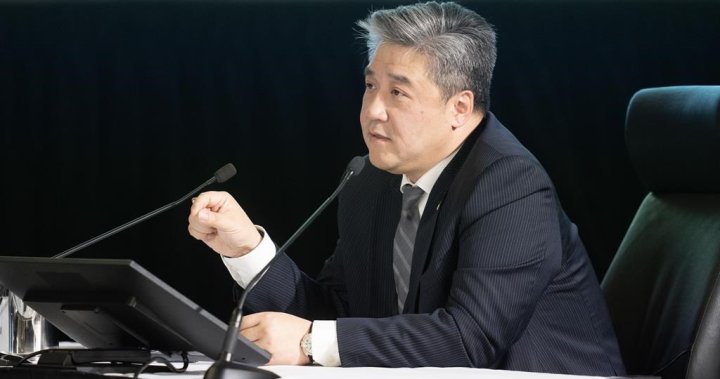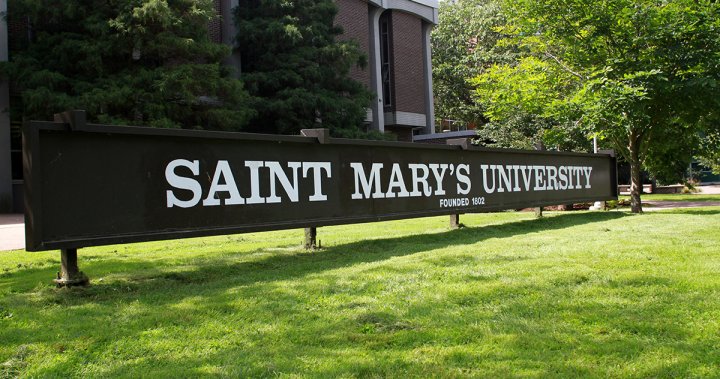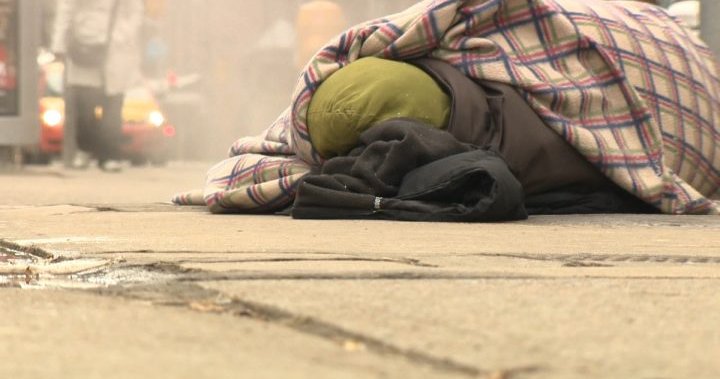Indian law enforcement agencies say they are investigating alleged links between dozens of colleges in Canada and two “entities” in Mumbai accused of illegally ferrying students across the Canada-United States border.
A news release Tuesday from India’s Enforcement Directorate — a multi-disciplinary organization that investigates money laundering and foreign exchange laws — said a multi-city search has revealed “incriminating” evidence of “human trafficking.”
The allegations have not been tested in court. The federal government, the RCMP, and Indian high commission in Ottawa, and multiple Canadian college officials did not immediately respond to requests for comment.
The U.S. embassy said Thursday it had no comment.
Indian officials say they launched their investigation after Jagdish Baldevbhai Patel, 39, was found dead along with his wife and two children near a border crossing between Manitoba and the United States on Jan. 19, 2022.
Last month, a Minnesota jury found two men guilty — Steve Shand of Florida and Harshkumar Patel, an Indian national arrested in Chicago — on four counts related to bringing unauthorized people into the U.S., transporting them and profiting from it.
Patel is a common name in India, and the family was not related to the accused.
Prosecutors said Harshkumar Patel co-ordinated a sophisticated operation while Shand was a driver. Shand was to pick up 11 Indian migrants on the Minnesota side of the border, prosecutors said. Only seven survived the foot crossing. Canadian authorities found the Patel family later that morning, dead from the cold.
Harshkumar Patel and Shand have not yet been sentenced and might appeal.
The Tuesday news release said officials launched an investigation following a report filed against Bhavesh Ashokbhai Patel, who allegedly arranged the travel of the family.
Each member of the family was allegedly charged the equivalent of between $93,000 and $102,000 to cross into the United States from Canada, the directorate claimed.

Get daily National news
Get the day’s top news, political, economic, and current affairs headlines, delivered to your inbox once a day.
The incident has been called the Dingucha case in India, named after the village in the Gujarat state of western India from which the family originated.
The Enforcement Directorate said it searched eight places last week in Mumbai, Nagpur in Maharashtra state, and Gandhinagar and Vadodara in Gujarat.
It also claims that Bhavesh Ashokbhai Patel allegedly arranged people to get admissions to Canadian colleges, which helped in getting student visas. The news release did not specify the schools alleged to be involved.
“Once the individuals or students reach Canada, instead of joining the college, they illegally crossed the U.S.-Canada Border and never joined college(s) in Canada,” it said.
The fee paid toward college admission was then returned, it added.
The search has found that about 25,000 students were referred by one “entity” and over 10,000 students by another to various colleges outside India every year, the release claimed.
The network has about 1,700 agents in Gujarat and around 3,500 across India, of which 800 are active, it alleged.
The release claims that “around 112 colleges based in Canada” have entered into agreement with one entity, while “more than 150” colleges have done so with another entity.
It is unclear from the release whether any colleges have ties to both entities.
Anil Pratham, a former high-ranking police official in Gujarat who has since retired, was involved in investigating the case as far back as January 2022 when the Patel family died.
He told The Canadian Press his team looked at paperwork, such as certificates and documents used by students to apply to colleges and universities abroad.
Police then contacted villagers through various societies, asking them for help.
“We conveyed to the villagers that you should come out and tell (us) who are the victims and who are the agents who live there,” he said in an interview from Gujarat. “This helped us in our investigation.”
The process took nearly three years because the first step is to establish the crime, charge, investigate and finalize those charges, he said.
Police in Gujarat got help from their counterparts in Canada and New York, Pratham said.
He also had advice for those wanting to go abroad to study or work.
“There is a legal way of going from India to whichever country one wants,” he said.
News of the Indian investigation comes amid tensions with the U.S. over border security, a federal rethink of international-student policy, and diplomatic tensions with India over New Delhi’s alleged targeting of Sikh activists in Canada.
U.S. president-elect Donald Trump has threatened wounding tariffs on Canadian goods if Ottawa does not sufficiently crack down on migrants and drugs crossing into the U.S. illegally, leading Ottawa to earmark $1.3 billion over six years to address border security.
Public Safety Minister Dominic LeBlanc and Foreign Affairs Minister Mélanie Joly travelled to Florida on Thursday to talk about border security and trade with the incoming U.S. president.
Before that, Canada expelled six Indian diplomats in October, over allegations they used their position to collect information on Canadians and then passed it on to criminal gangs who targeted the individuals directly.
At the time, Canada also alleged India’s home affairs minister ordered intelligence-gathering operations against Sikh separatists who advocate for an independent country called Khalistan to be carved out of India. New Delhi rejects Ottawa’s claims.




